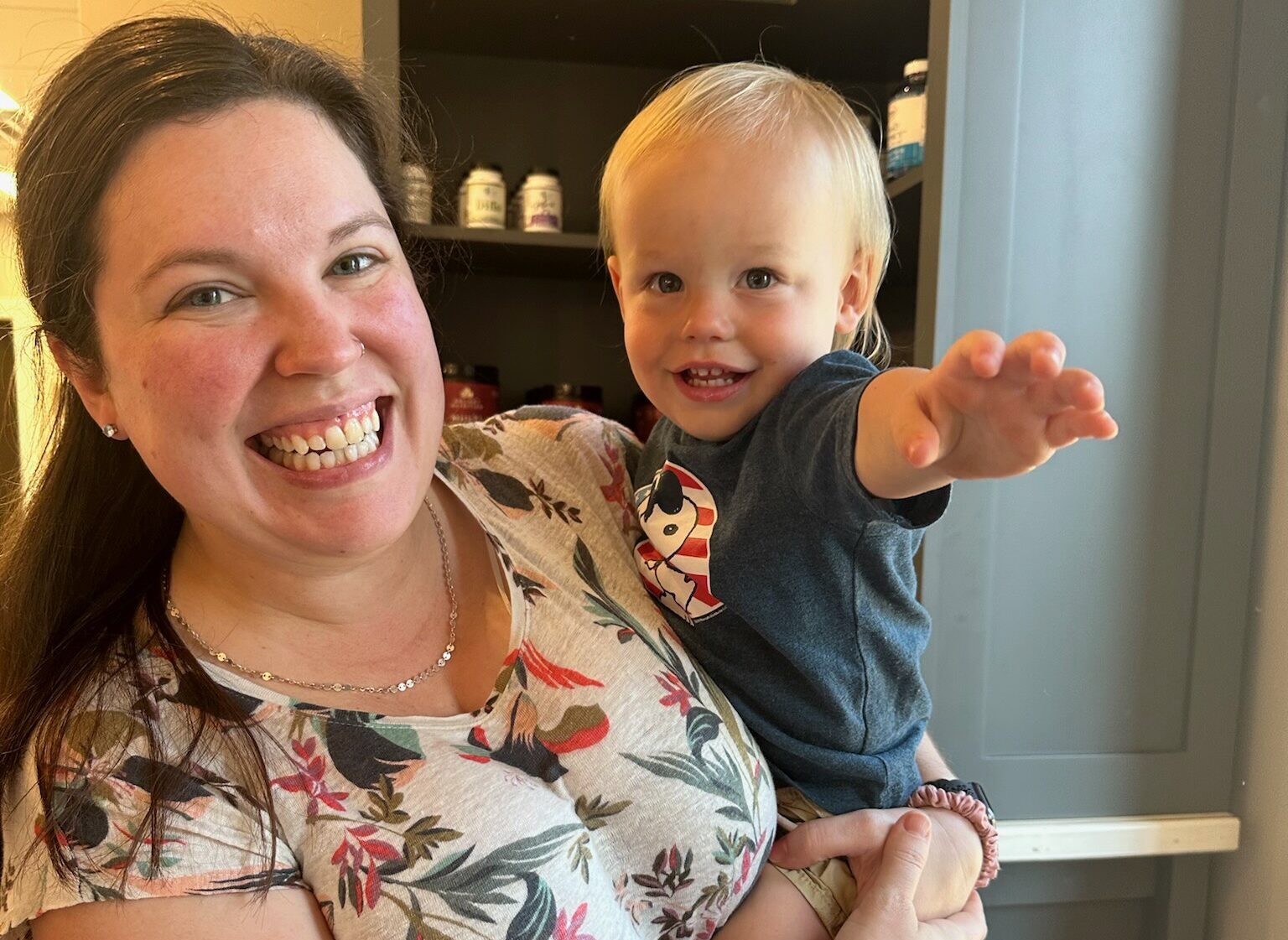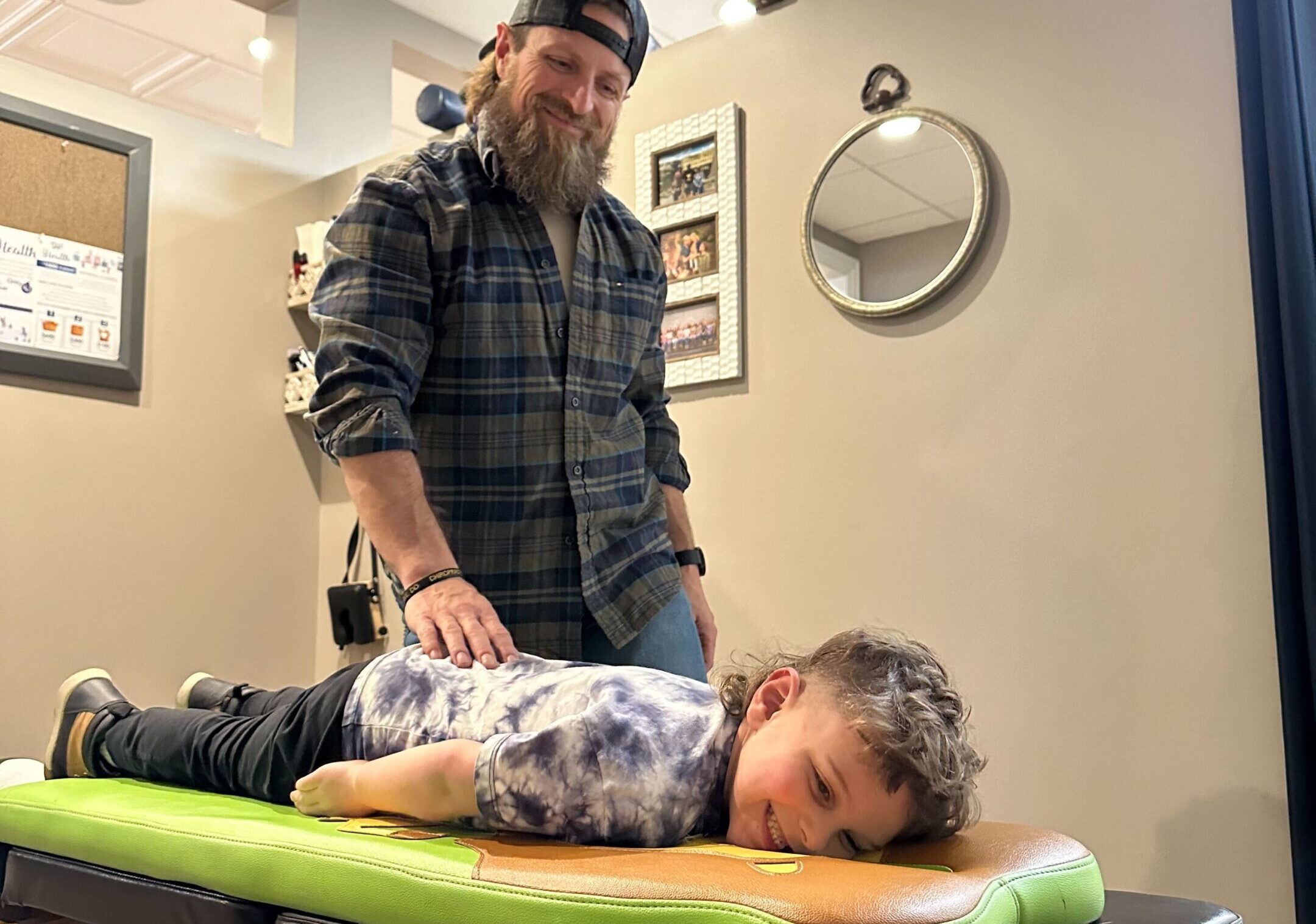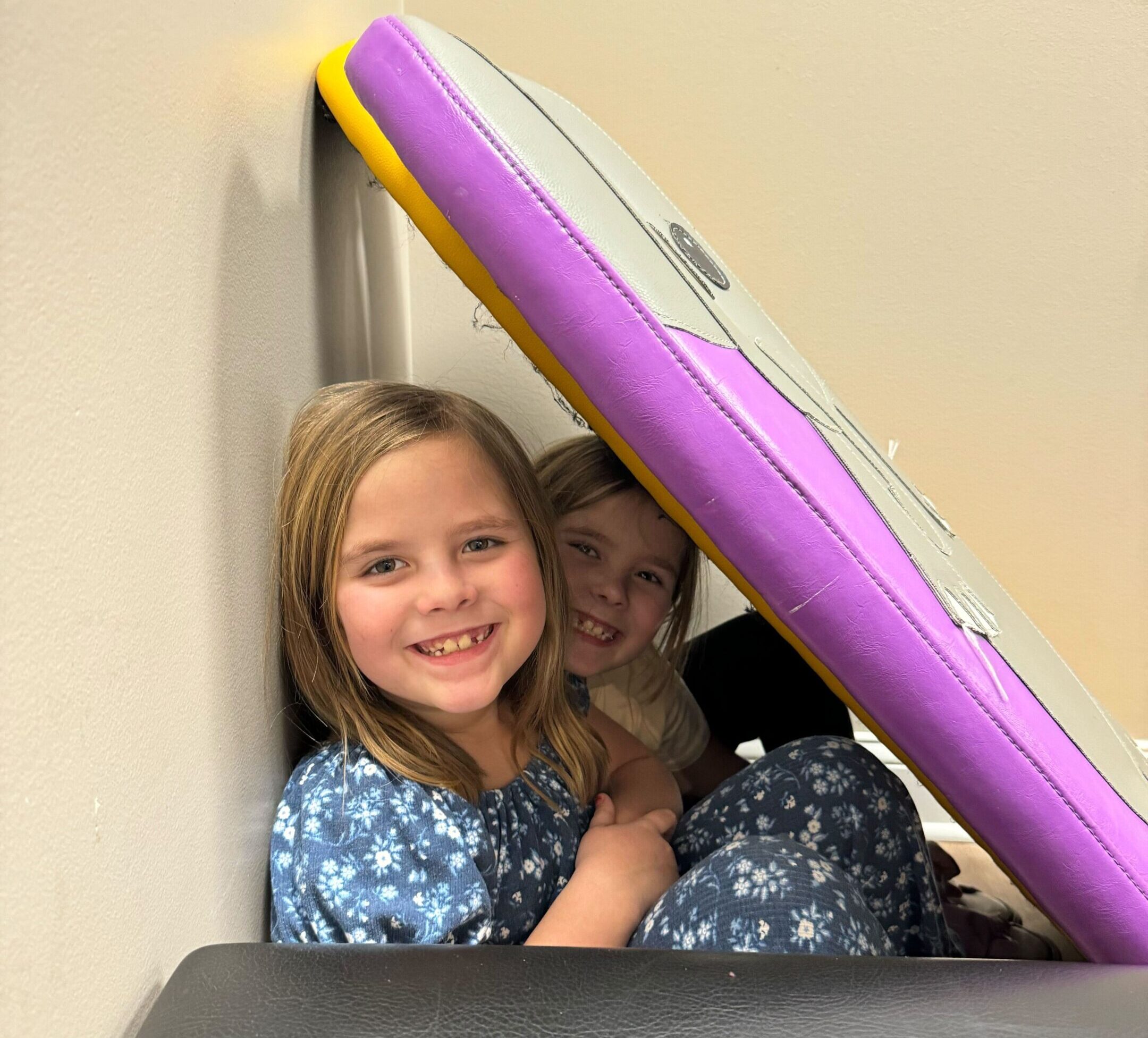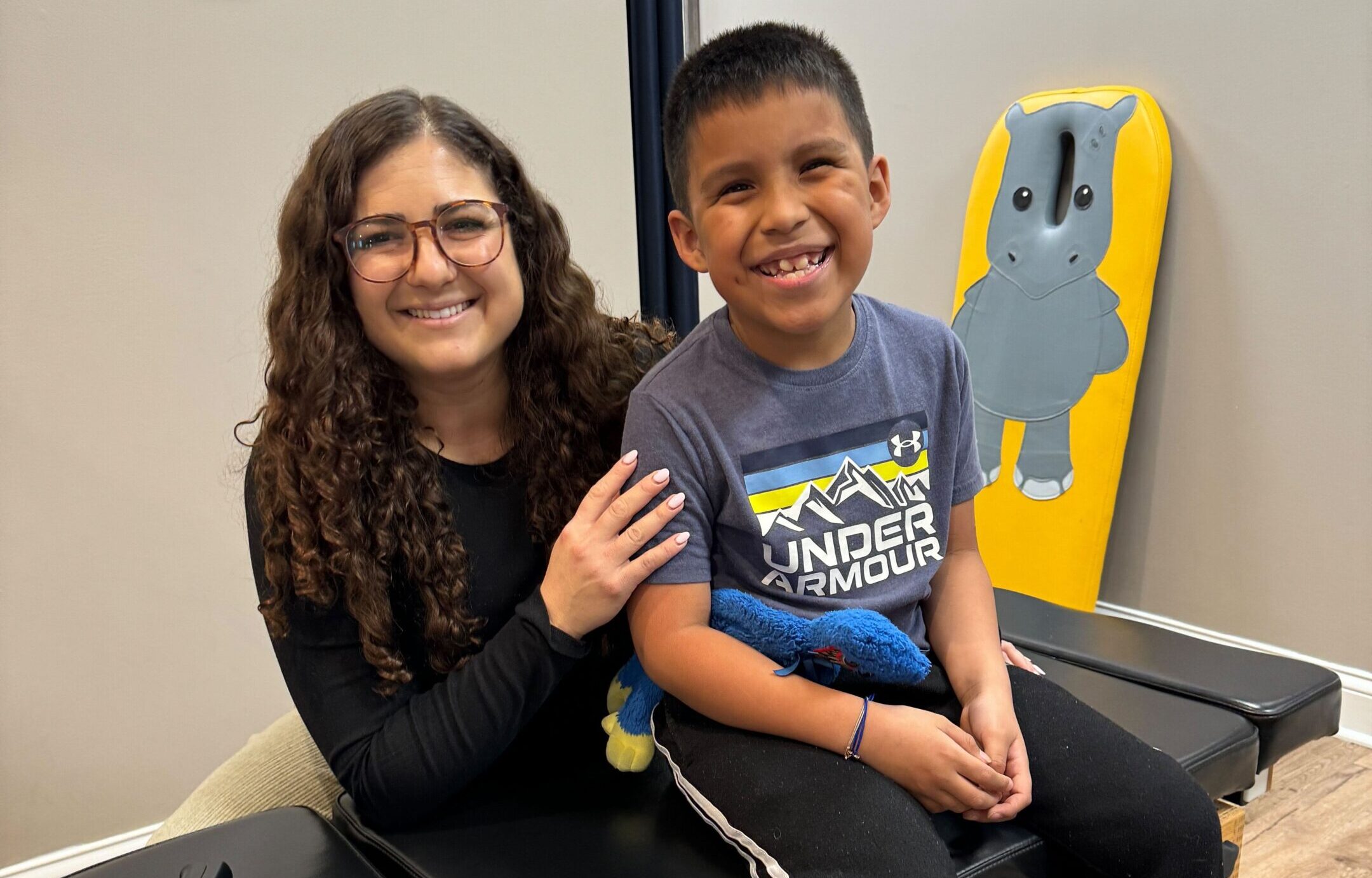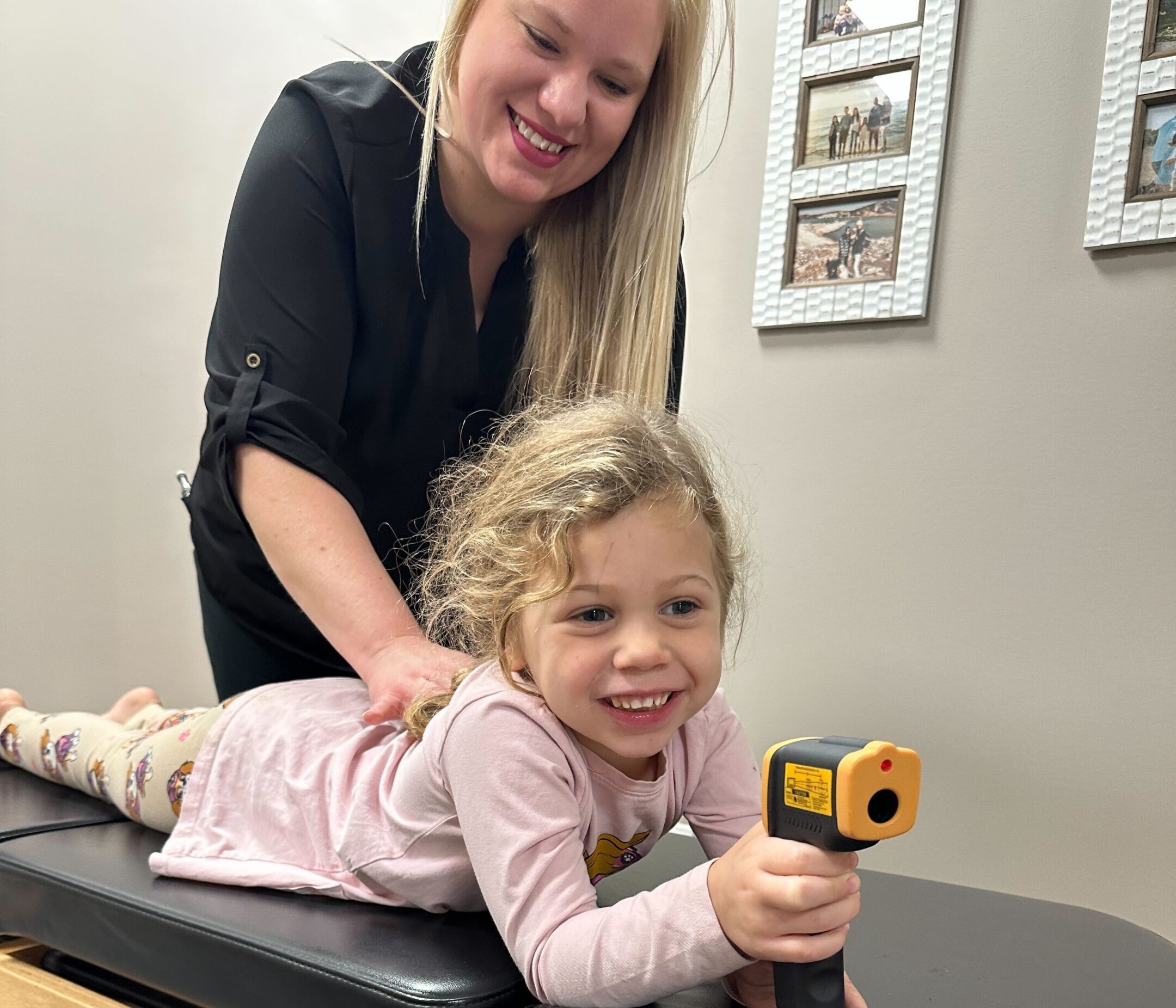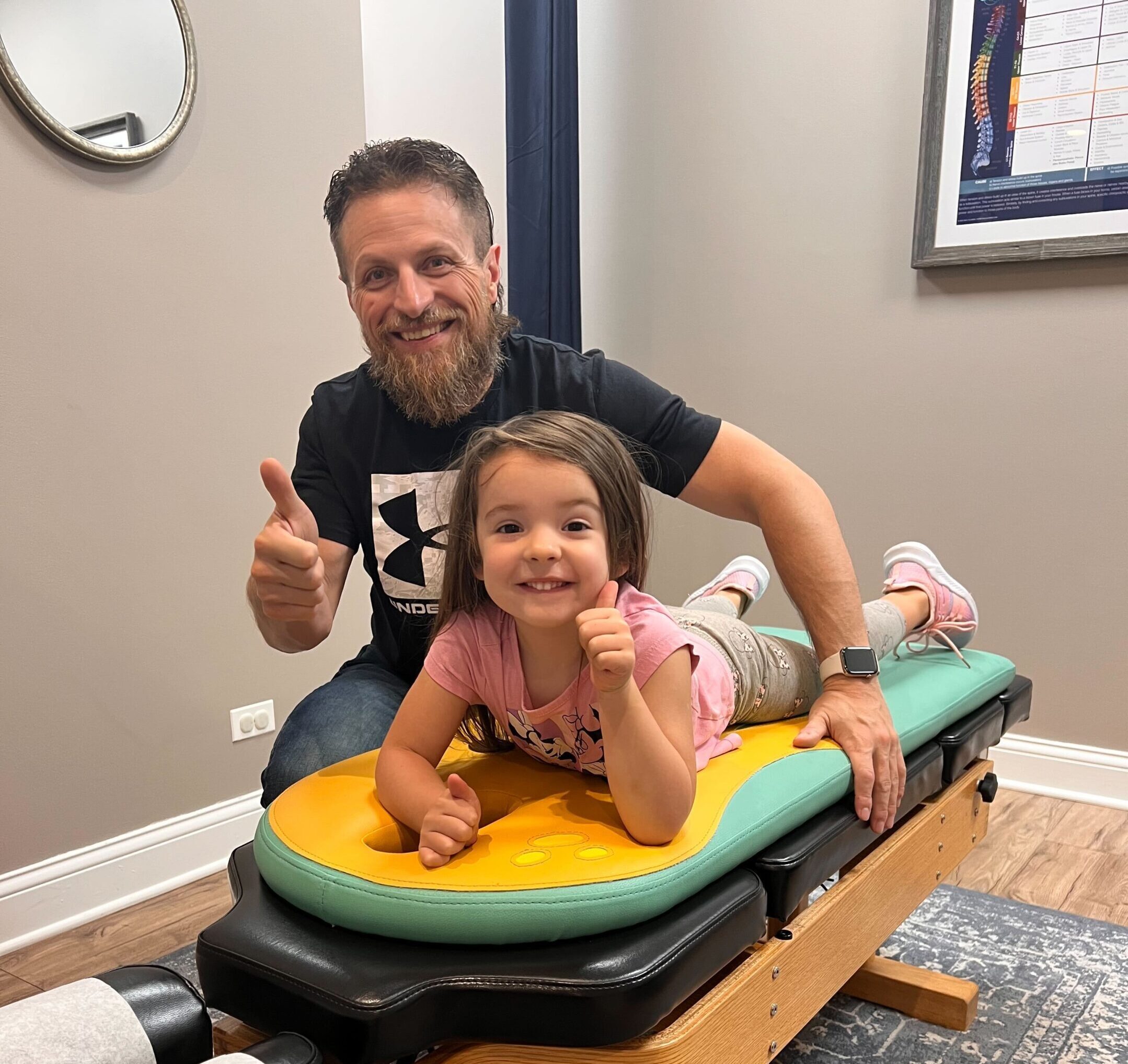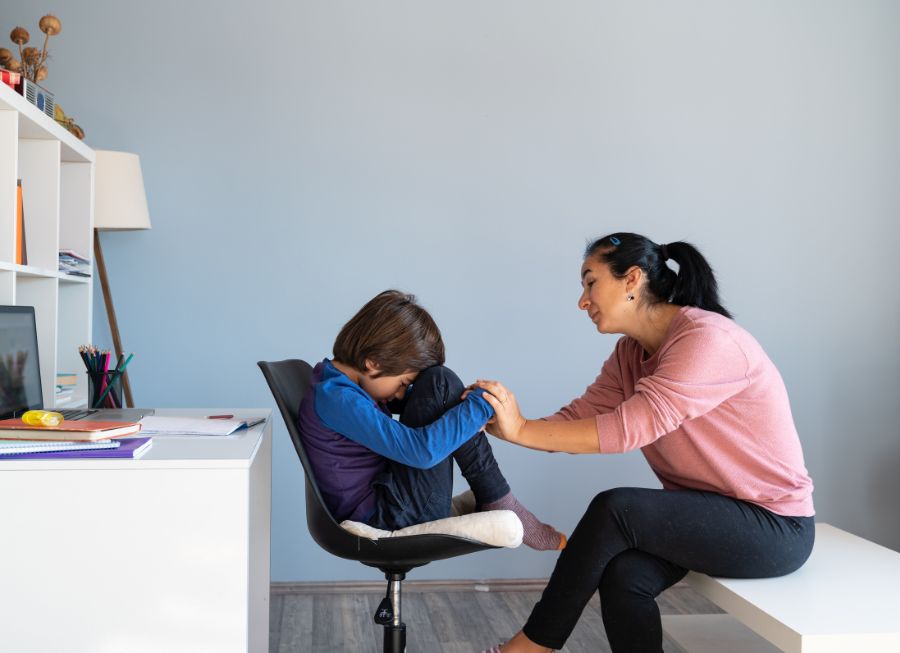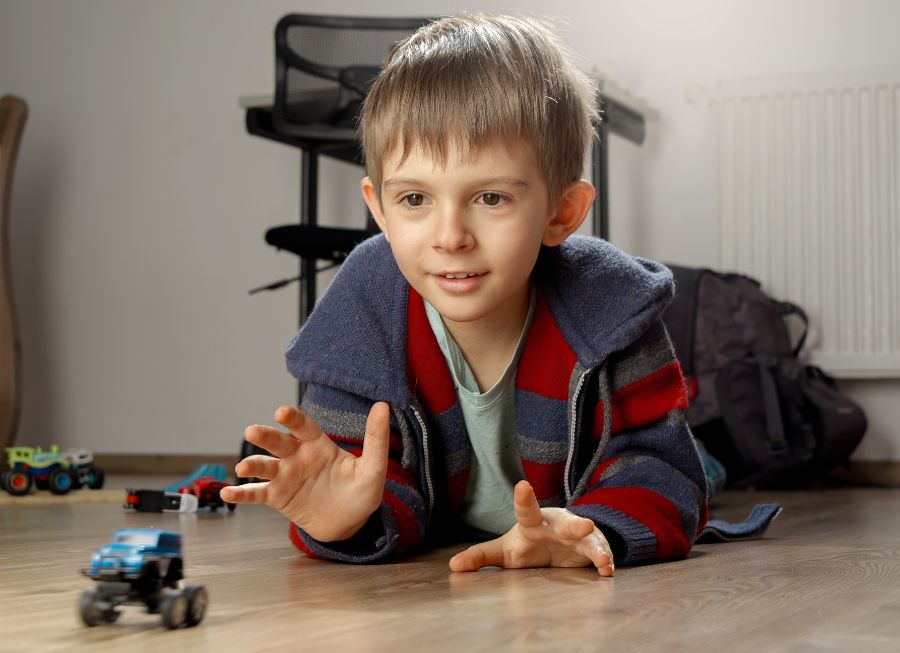Your Experts in Drug-Free Pediatric Health Care
Empowering parents with Drug-Free resources for the entire family. PX Docs offers articles, podcast, videos, and access to a network of experts.
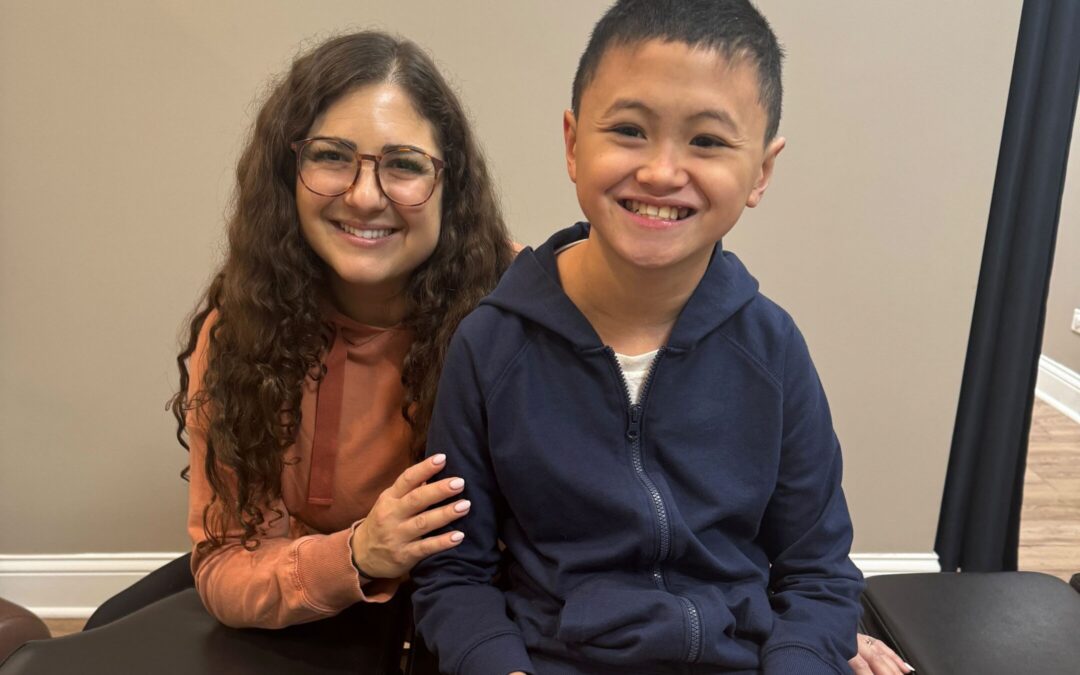
Dysautonomia: Connecting the Dots in Childhood Health Issues
As parents, we all envision a future where our children are not just surviving, but thriving - where they’re full of endless possibilities. However, for some families,...
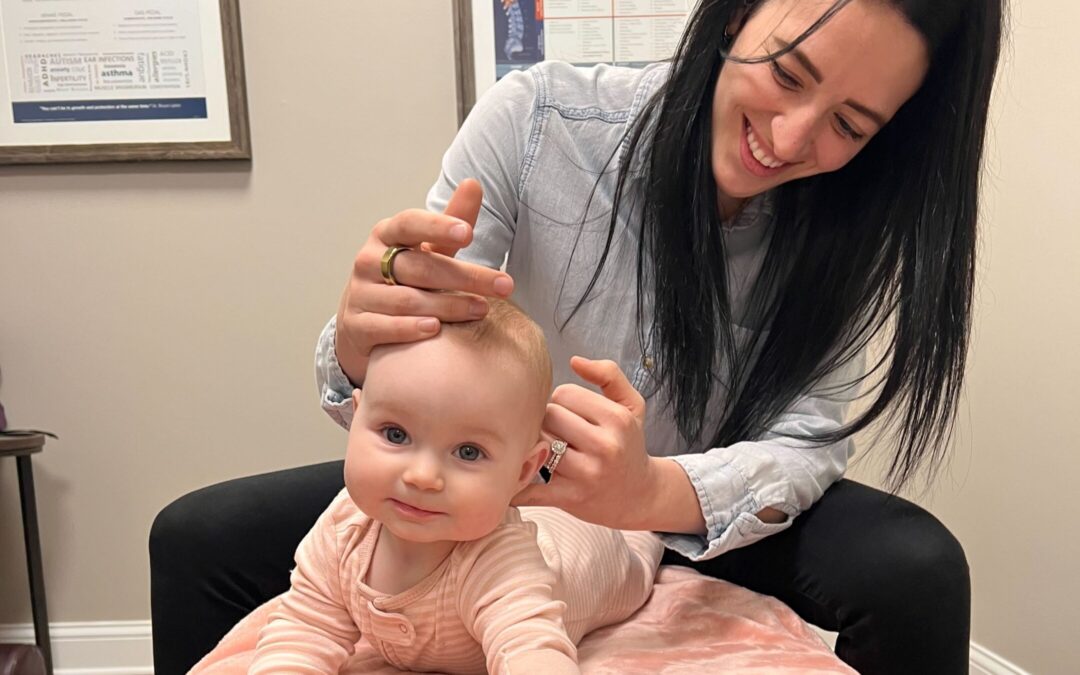
Colic Baby Symptoms: Finding Answers When Your Baby Won’t Stop Crying
Ease colic and explore Neurologically-Focused Chiropractic solutions
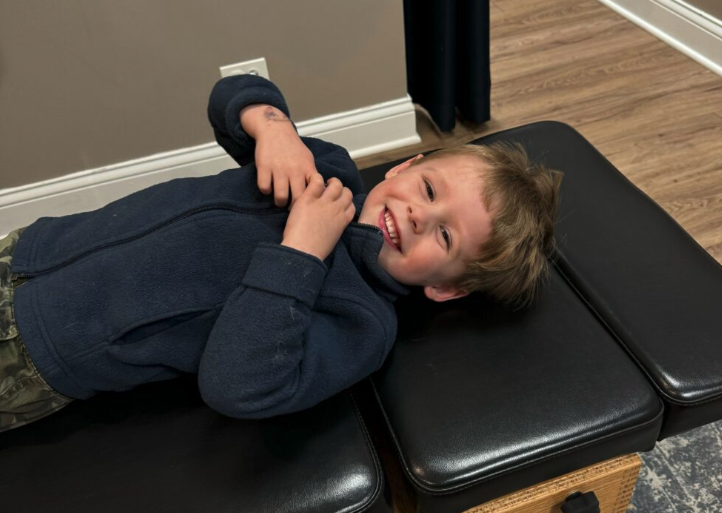
Understanding the Types of Autism Spectrum Disorder
Autism Spectrum Disorder: Types, Neurology & Personalized Care
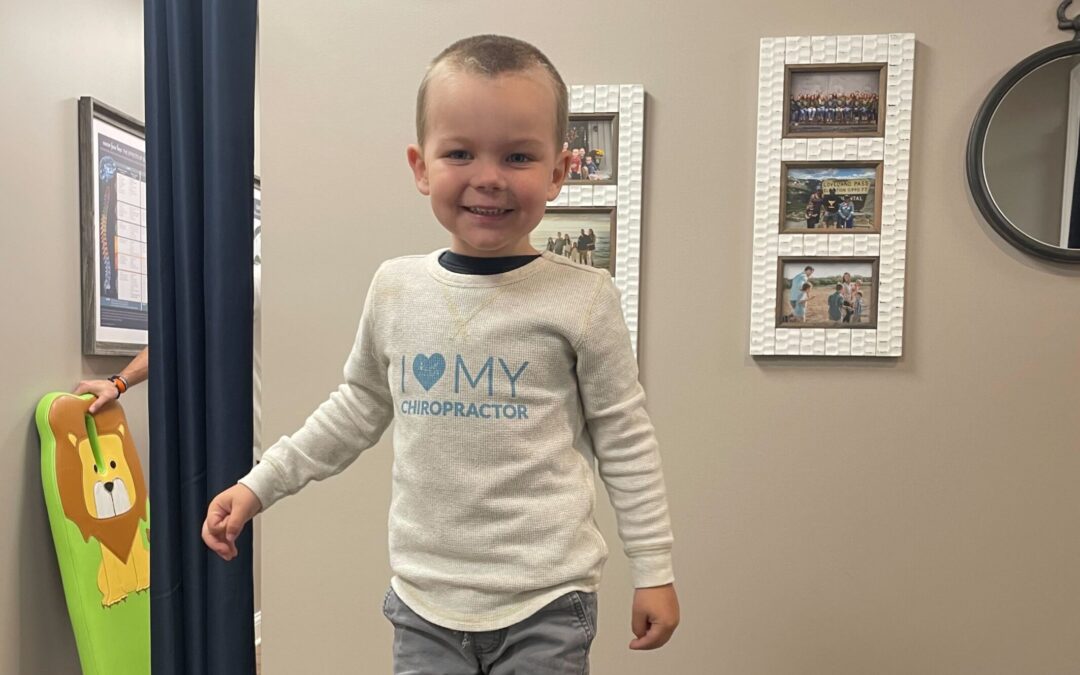
What is Neurostorming?
Learn causes, management, and drug-free options for better outcomes.
Directory
Find A PX Doc
Our network of trusted experts, the PX Docs, are a simple search away. Enter your city and state below to search our directory of doctors.
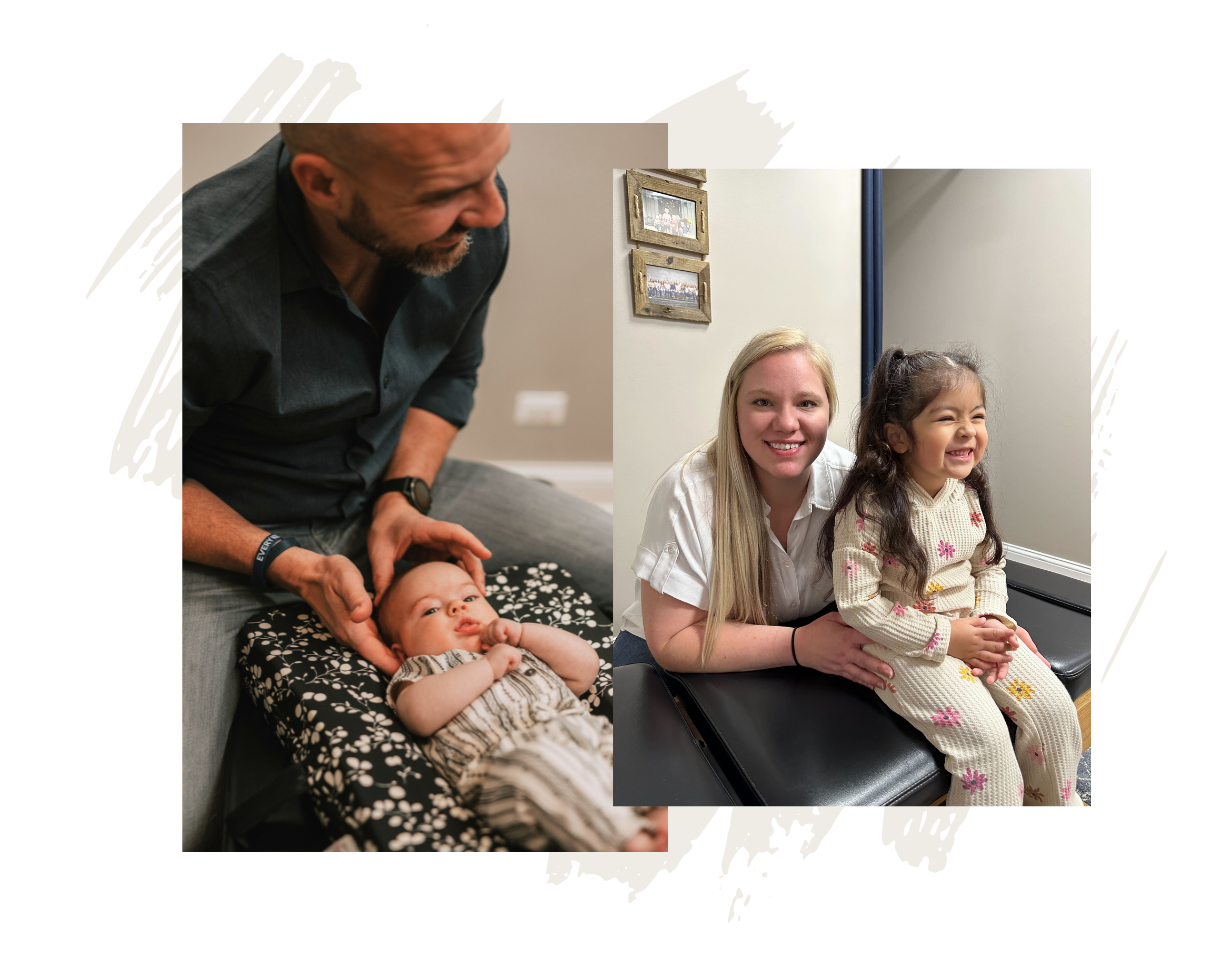
Understanding Autism
See All →

Understanding the Types of Autism Spectrum Disorder
Autism Spectrum Disorder: Types, Neurology & Personalized Care
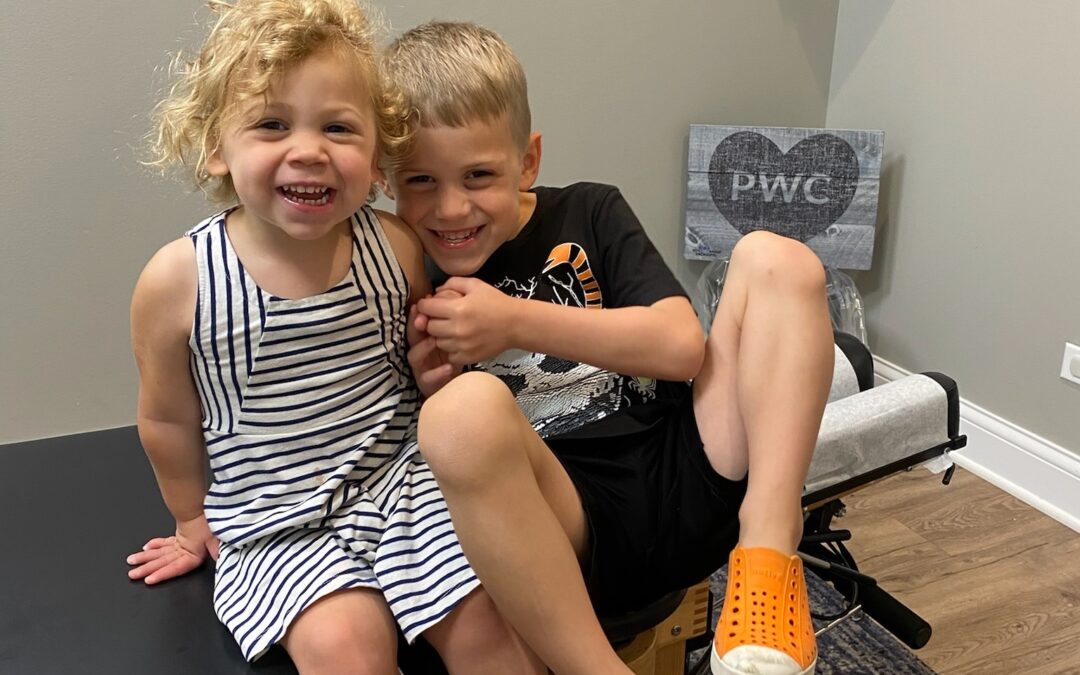
Decoding Autism: Exploring Genetics, Triggers, and Hope
As parents, we're constantly navigating the unknown, seeking answers and...
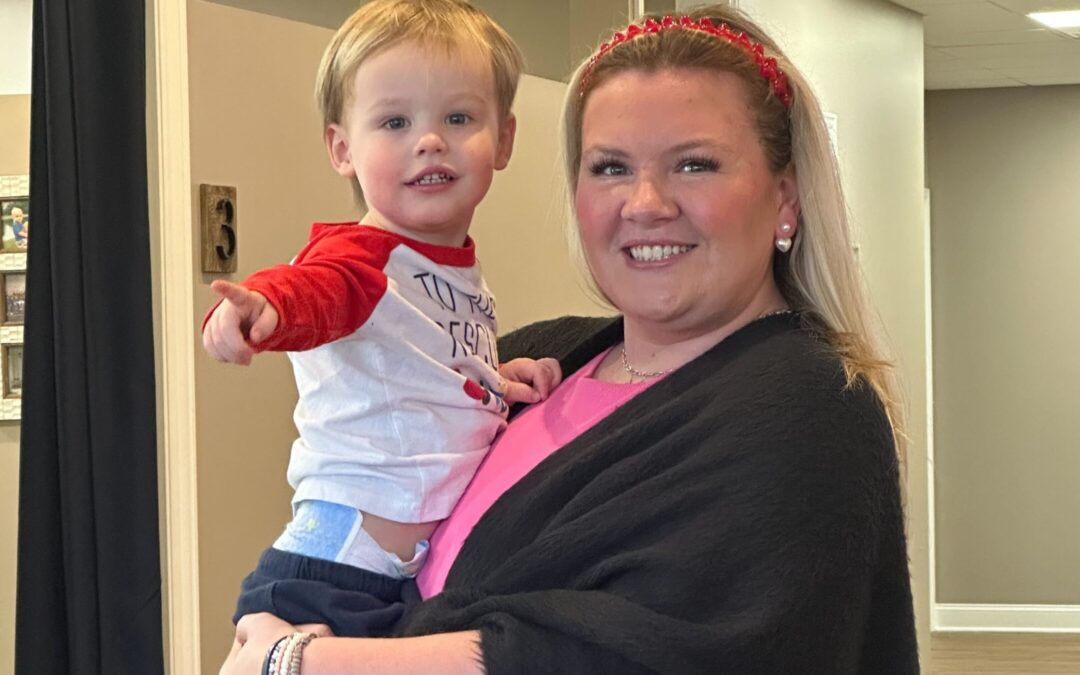
The Earliest Signs of Autism That All Parents Should Know
As the parent of a bright-eyed infant, you wonder what the future holds for...
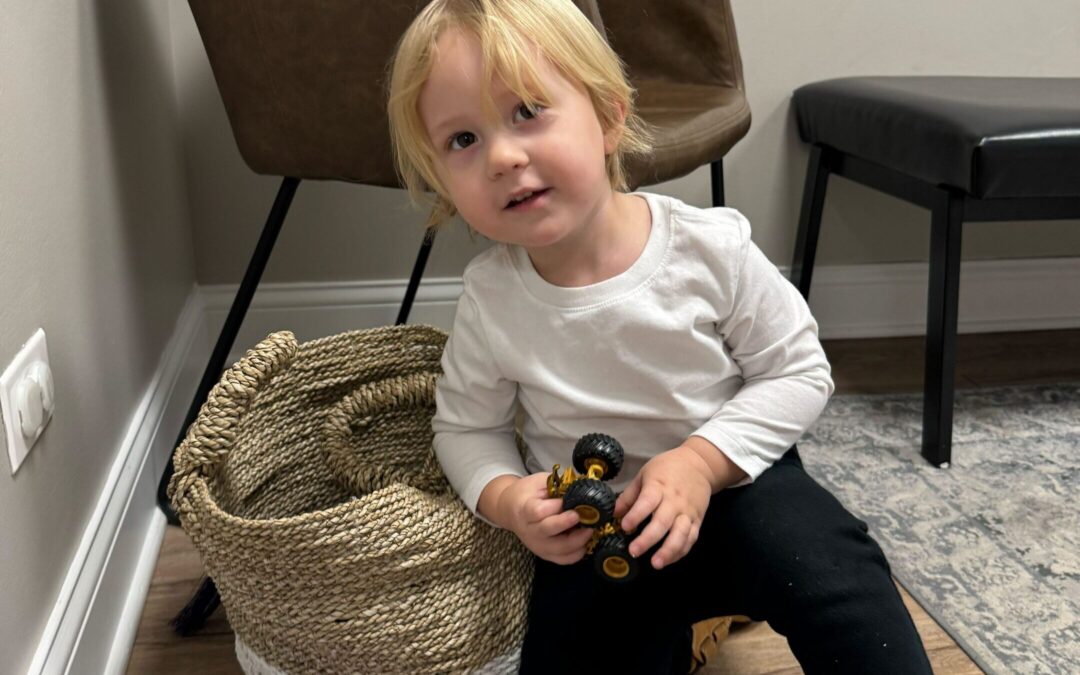
Toe Walking and Autism
Exploring the connection between toe walking and autism.
Explore Sensory Processing Disorder
Allergies + Wellness
See All →

Everything You Should Know About Nasal Congestion
Everything you should know about nasal congestion in children.
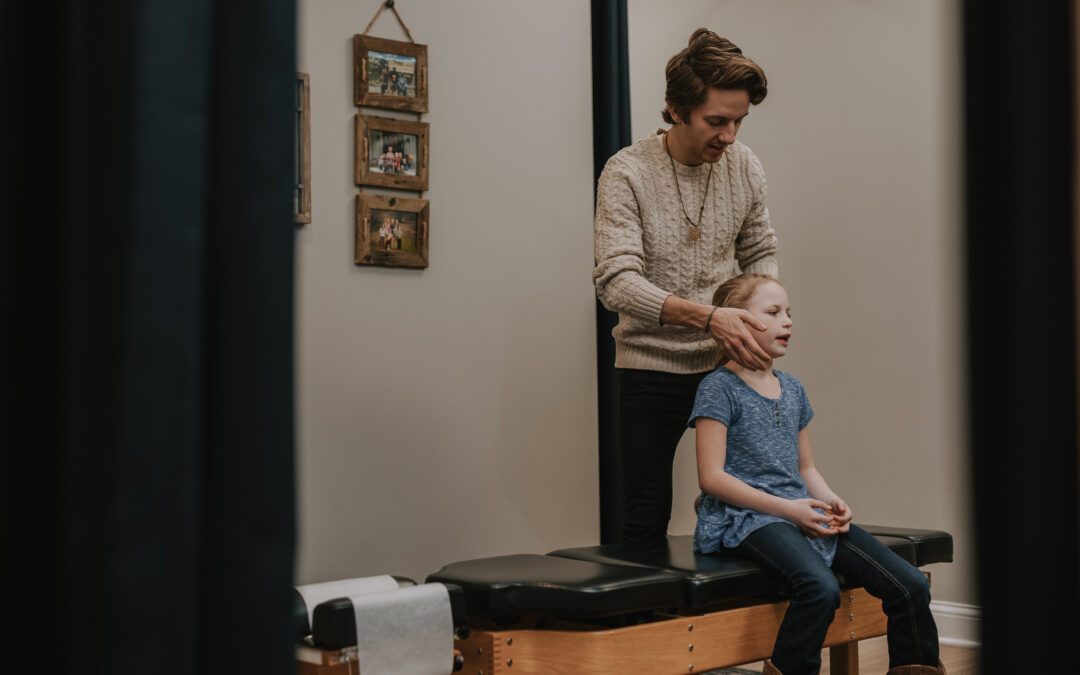
Everything You Need to Know About Seasonal Allergies
Seasonal allergies: Everything you need to know about their effects.
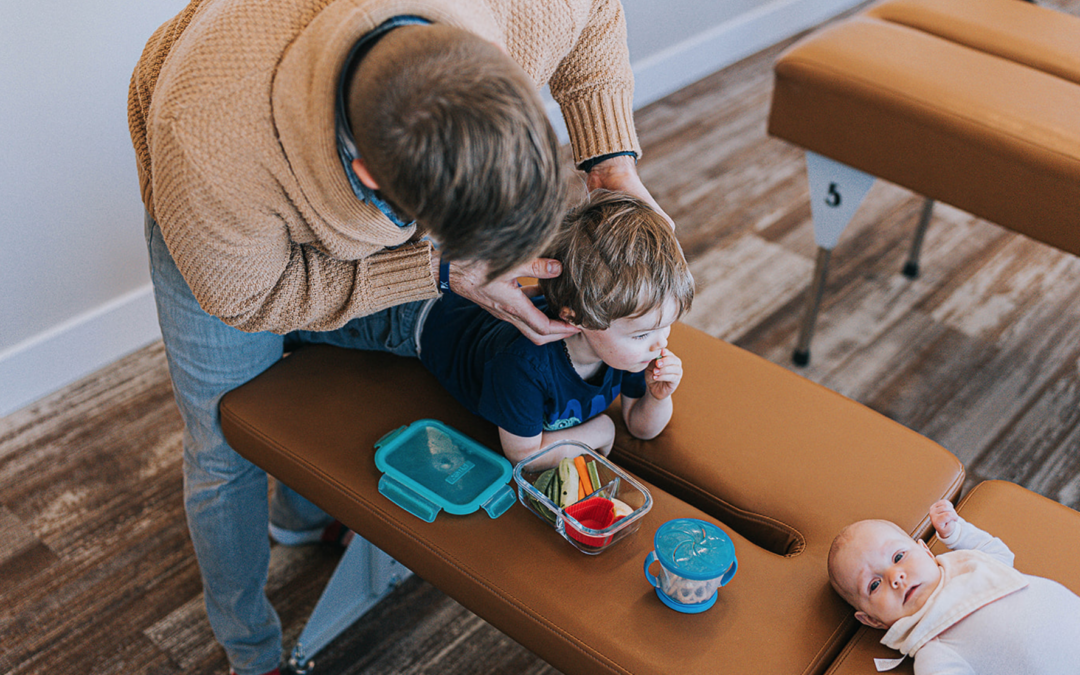
Natural Ear Infection Remedy
10 natural ear infection remedies to relieve earaches.

Food Intolerance
Food intolerance: Digestive issues caused by certain foods.

Chronic Ear Infections
Understanding chronic ear infections in children—causes and care.
Conditions
See All →
Keeping Your Family Healhty
See All →
Kick the Sick: Unlocking Your Child’s Natural Resilience
While the seasons are changing, you may find yourself in a frustrating cycle...
Pediatric and Family Drug-Free Experts: Transforming Children’s Health with Neuro-Focused Care
Are you a parent who feels like you’ve exhausted all options when it comes to...
An Exhausted Mom’s Survival Guide: Navigating Motherhood with Adaptability and Resilience
Motherhood is an excessive amount of responsibilities, from caring for our...
Unraveling the Mystery of Auditory Processing Disorder: An Exhaustive Look
Auditory Processing Disorder guide with sign, diagnosis, and care.
Doctors Who Listen: What to Expect From Your Day 1 Consult With a PX Doc
Tired of doctors who don’t listen or address the root cause?
Growing Pains Unveiled: Navigating the Physical Changes of Childhood Growth
Growing pains: Navigating the challenges of childhood growth.
Find A PX Doc
Welcome to PX Docs. The place to find Hope. Answers. Hope. for you and your family.

